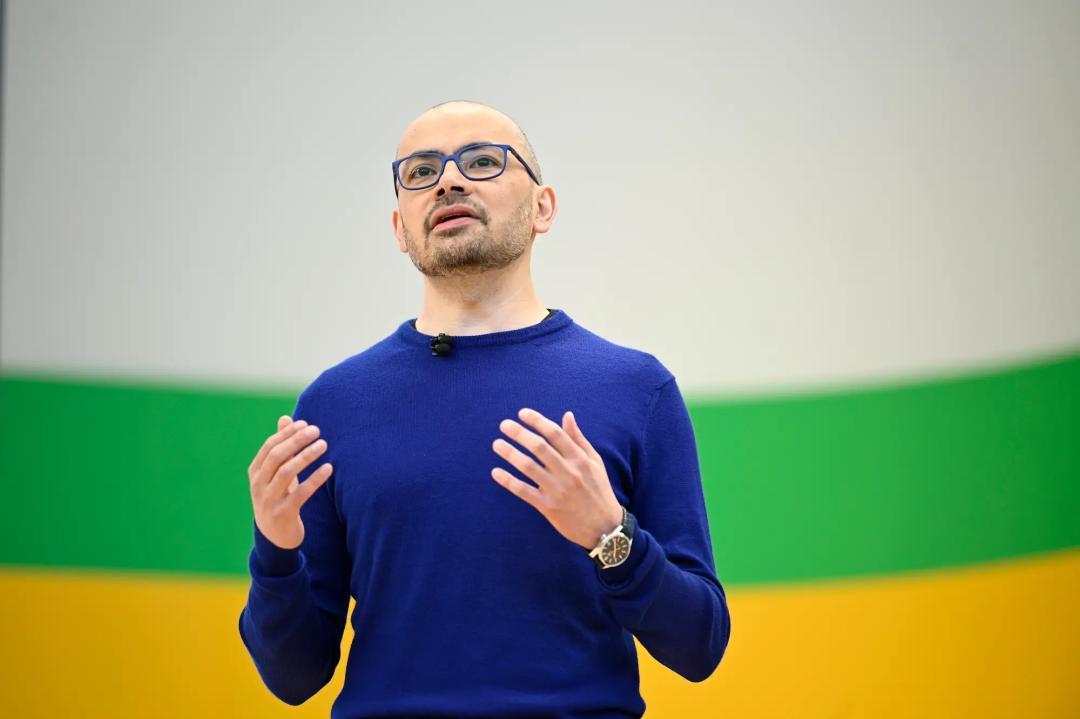DeepMind CEO Demis Hassabis: AI Could Cure All Diseases in a Decade with Adequate Resources

Exploring the Vision of AI in Healthcare
Introduction to AI and Healthcare
Artificial Intelligence (AI) is rapidly emerging as a game-changer in the healthcare sector. According to Demis Hassabis, CEO of Google DeepMind and a notable figure in AI research, there is a significant possibility that AI could potentially cure all diseases within the next decade. This bold assertion has sparked widespread discussions about the future of medicine and the role AI could play in it.
The Promise of AI in Medicine
Diagnosing Diseases: AI technologies are being developed to enhance diagnostic accuracy. Algorithms can analyze medical images, pathology slides, and electronic health records, often identifying patterns that human practitioners may miss. For example, AI systems can detect early signs of cancers, heart diseases, and other serious conditions.
Personalized Treatment Plans: AI’s ability to process vast amounts of data allows it to help formulate individualized treatment strategies. This is particularly beneficial in oncology, where treatments can be tailored to a patient’s genetic makeup, improving the likelihood of successful outcomes.
Drug Discovery: The traditional drug discovery process can take years and requires significant investment. AI can expedite this process by predicting how different molecules will interact, thus helping to identify promising candidates for new medications more efficiently.
- Predictive Analytics: AI can analyze patient data to predict health events, enabling preventive measures. This can be especially valuable for managing chronic diseases, where early intervention can make a significant difference in patient outcomes.
Challenges in AI Implementation
Despite the promising prospects, there are several challenges that need to be considered:
Data Privacy: The healthcare sector deals with highly sensitive data, raising concerns about patient privacy. Ensuring data protection while utilizing AI for analysis is crucial.
Regulatory Hurdles: The integration of AI technologies into healthcare systems may face regulatory scrutiny. Developers must navigate these regulations to gain approval for clinical applications.
- Ethical Concerns: The use of AI raises ethical questions, particularly regarding decision-making in healthcare. It’s essential to maintain a human element in patient care while ensuring AI provides supportive insights.
Future Directions in AI for Healthcare
According to experts, including Hassabis, preparing for the future of AI in healthcare involves investing in education and infrastructure. Key areas to focus on include:
Skill Development: Training healthcare professionals to effectively use AI tools can enhance patient care. Ongoing education will be important as AI technology evolves.
Collaborative Frameworks: Collaboration between tech companies and healthcare providers is vital. By working together, sectors can create more integrated systems that leverage AI for better health outcomes.
- Research and Development Funding: Increased funding for AI research in healthcare is necessary. This investment can help overcome current technical limitations and enable broader applications of AI.
Conclusion on the AI Revolution
As we move forward, the potential of AI in healthcare continues to captivate scientists, doctors, and technology leaders alike. The progressive vision of improving healthcare using AI technology showcases both the promise and challenges of integrating advanced tools into medical practices. With ongoing discussions and research, the coming years hold the potential for substantial advancements in the way we approach health and wellness through AI.






